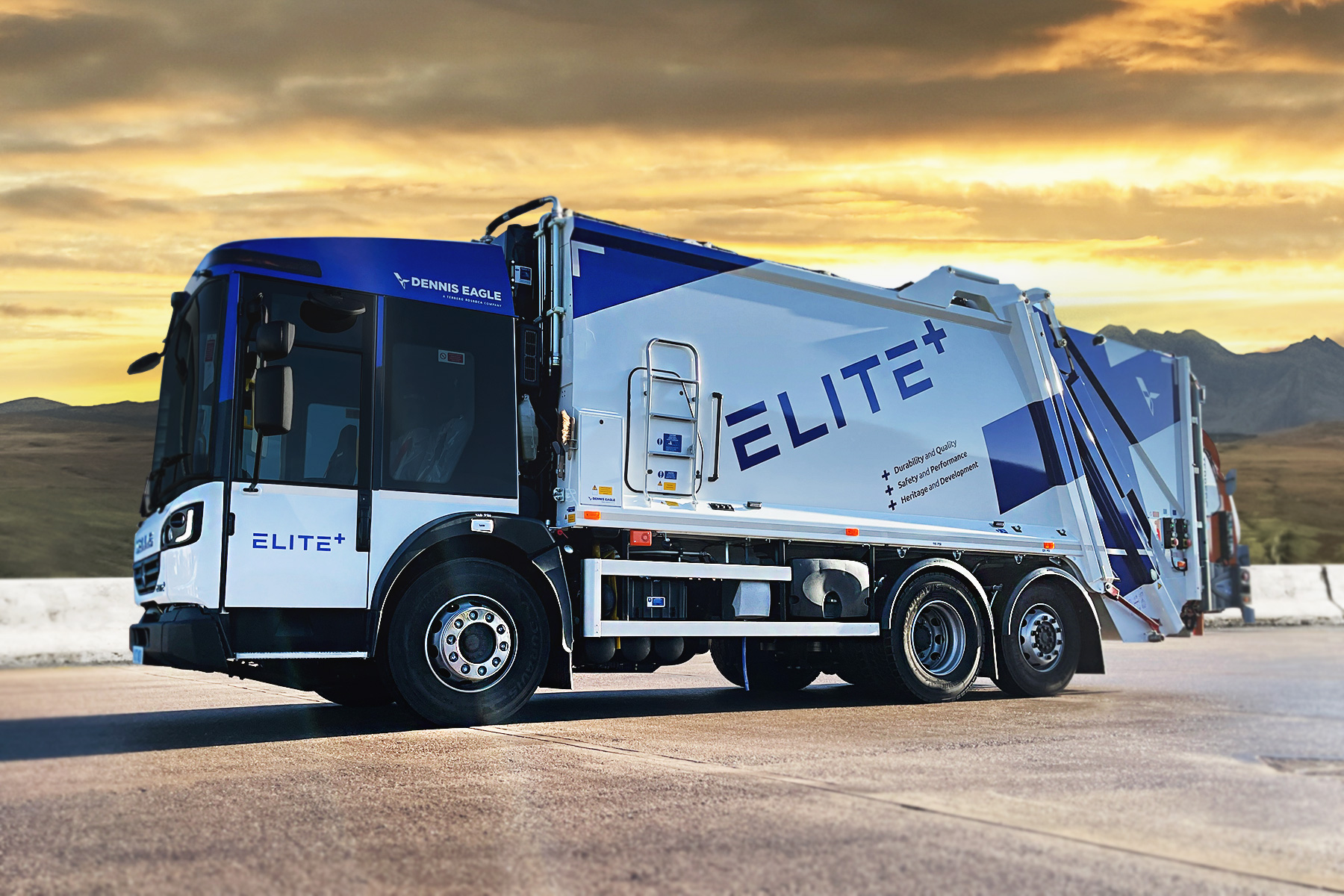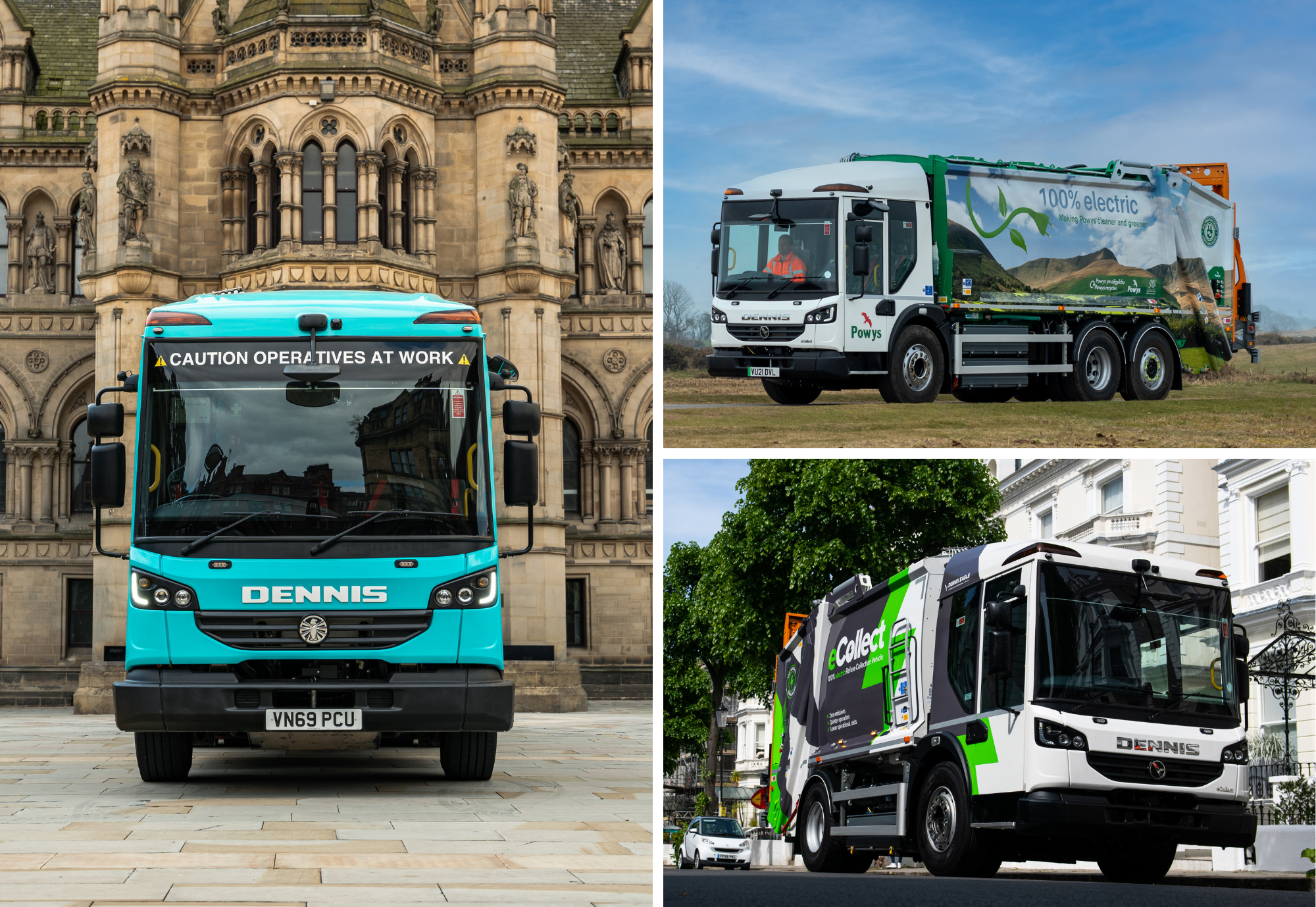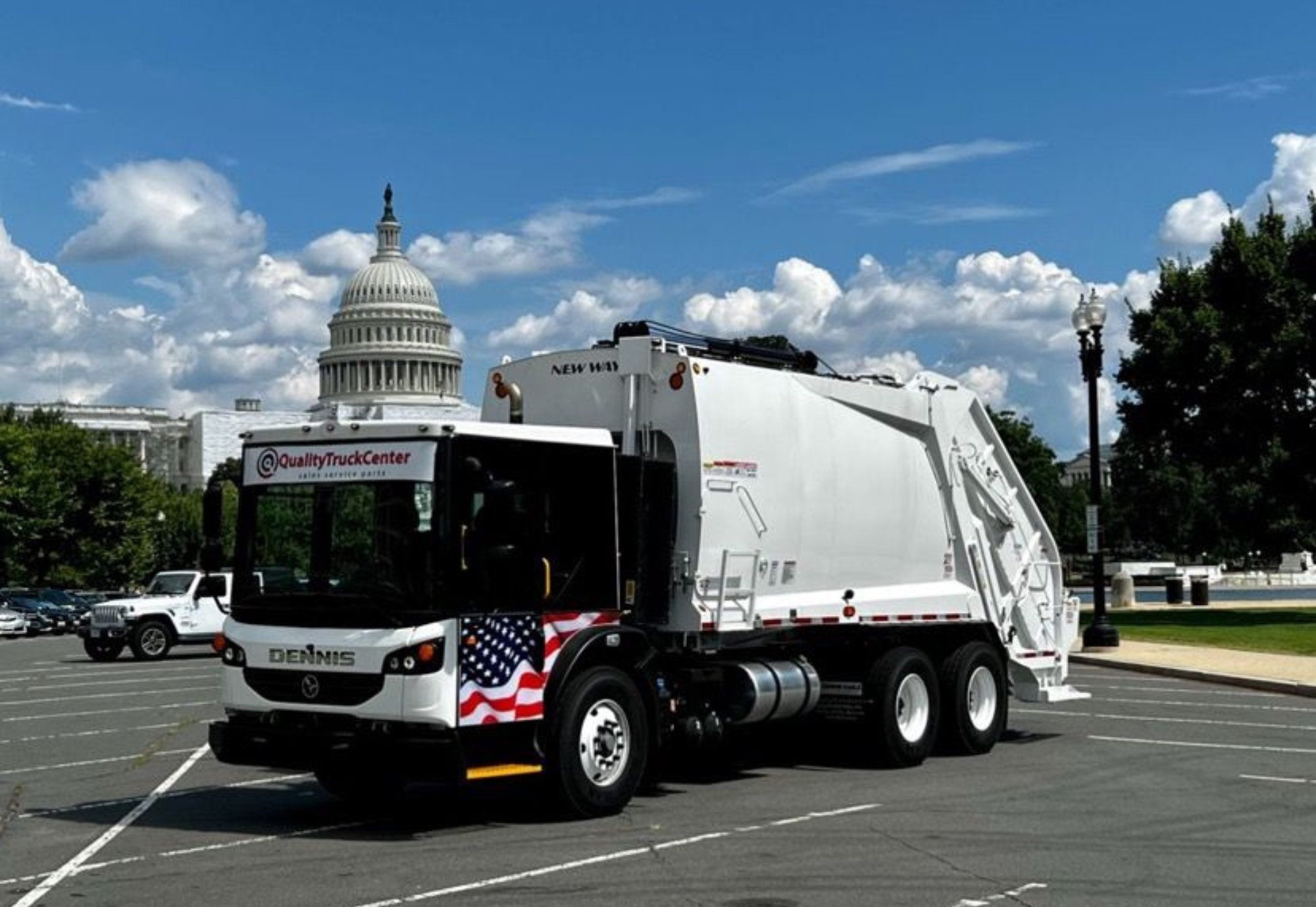Our industry and our role

Dennis Eagle plays a critical role within the industry by providing efficient and cost-effective solutions for the collection and transportation of waste and recycling materials from domestic and commercial sources. Our customers are both local authorities and private operators.
In the last two decades, there has been a determined effort to increase recycling. In the UK, the complexities of devolution have led to different strategies in different constituent countries. However, legislation has made
landfill increasingly expensive and provided targets for recycling. This has led to a significant increase in the proportion of material recycled.
In addition, new uses for recycled materials have led to the introduction of more waste streams such as food waste. The different scale and nature of these materials can require different containment, handling and frequency
of collection.
Vehicles have had to be developed to cope efficiently with these changing needs and provide the flexibility that different operators require for operations to be cost-effective.
Further developments come thick and fast. Dedicated weekly food collections are being introduced throughout England next year and Deposit Return Schemes (DRS) will come first to Scotland in 2023 and the rest of the UK
shortly afterwards.
But with innovation at the heart of our business, we have been able to work closely with customers and lead the way forwards to meet their changing needs.
Addressing customers' needs
Local authorities are responsible for collecting household waste and recycling in the UK and – if requested – commercial waste.
Under constant public scrutiny, they are keen to behave responsibly. Many have made great strides in reducing emissions to combat climate change and
continue to lead by example. A key aspect of this is the decarbonisation of their fleets.
In anticipation of this, Dennis Eagle assessed the different zero-emissions options and in 2010 began developing all-electric RCVs. Our first – a genuine zero-emissions alternative to our best-selling diesel RCV – went into production in 2020. The eCollect is now widespread in the UK, growing in popularity and helping operators demonstrate the numerous benefits of EVs.

UK local authorities are also responsible for ensuring air quality standards are met. The issue was brought sharply into focus when, in 2020, a coroner recorded air pollution as a factor in the death of a child in London.
All our vehicles are built to the highest specification and meet the latest European emissions standard – Euro 6. Diesel technology has improved significantly in recent years and pollution from modern engines is much lower,
which will help reduce air pollution. But consultation with our customers on this issue led us to develop our second eCollect model, a smaller 4x2 version with a five-tonne payload.
Vehicles of this size are needed in urban areas characterised by restricted access in narrow, cluttered streets. These same locations often suffer most from air pollution.
As well as being cost-effective over the course of their lifetime, our electric vehicles address other environmental issues too, such as the noise traditionally associated with waste collection vehicles.
Record of innovations
Other innovations continue to be implemented in different markets. Improving operational safety has been an industry focus for many years and Dennis Eagle, once again, led the way.
In the 1990s, we were the first to introduce the lowentry cab to our industry. This not only made it easier and safer for crews to get in and out – as they do numerous times each day – but also gave drivers a lower seating
position from which they were more connected with other road users. Its panoramic windows won many accolades for the improved safety they delivered.
In 2016 the Elite cab was among 40 vehicles independently assessed for Transport for London and it was found to provide the best Direct Vision for Drivers of any truck on the UK’s roads. This has since been improved
in the Elite+ cab launched in 2022. The introduction of a similar low-entry walk-through cab with panoramic windows has also enabled our ProView vehicle to make major inroads in the North American market since 2021.

Industry leading telematics
Almost every aspect of waste collection has also been vastly improved by the introduction of telematics solutions to the industry. Our system, DE-Connect, was developed specifically for this industry, as opposed to others which were
developed with freight and other truck operations in mind.
It has enabled operators to optimise routes, analyse and improve driving standards, reduce emissions, streamline service and maintenance, reduce fraudulent insurance claims, protect drivers and crews and improve
customer satisfaction.
Our record of innovation is second to none in this industry. And through constant dialogue with our customers and continued investment in R&D, we remain committed to driving it forward.